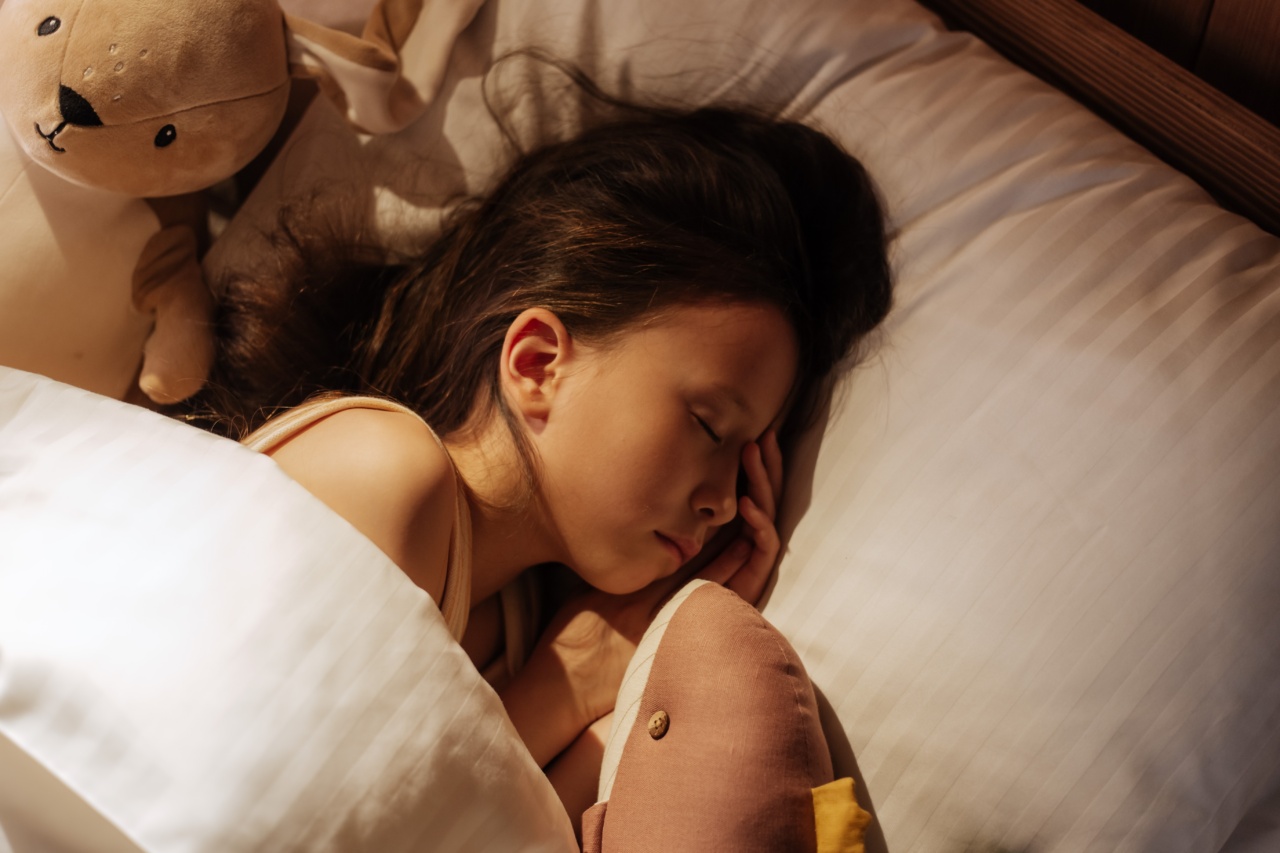The world is currently facing a pandemic caused by the novel coronavirus (COVID-19). Medical professionals and researchers have been working tirelessly to understand the virus and find ways to combat it.
Among the many factors that have been identified as risk factors for COVID-19, sleep deprivation is one that has received attention in recent times. In this article, we will discuss the link between sleep deprivation and COVID-19 and how lack of sleep can affect your immune system, making you more susceptible to infections.
What Is COVID-19?
The coronavirus disease (COVID-19) is an infectious disease caused by the newly discovered coronavirus. It was first identified in Wuhan, China, in December 2019 and has since spread to almost all countries in the world, leading to a global pandemic.
The virus spreads through respiratory droplets when an infected person coughs, sneezes, or talks. It can also spread by touching contaminated surfaces and then touching your face. The symptoms of COVID-19 are similar to other respiratory illnesses, such as fever, cough, and shortness of breath.
In severe cases, it can lead to pneumonia, acute respiratory distress syndrome (ARDS), and even death.
How Is Sleep Deprivation Linked to COVID-19?
It has been widely accepted that sleep is crucial for the proper functioning of the body. During sleep, the body repairs and rejuvenates itself. Lack of sleep, on the other hand, can lead to a weakened immune system and increase the risk of infections.
The immune system is responsible for fighting off infections and keeping the body healthy. When you are sleep-deprived, your immune system does not function properly, making you more susceptible to illnesses, including respiratory infections like COVID-19.
Research has shown that sleep deprivation can affect the production of cytokines, which are proteins that regulate the immune system. Lack of sleep can reduce the production of cytokines, leading to a weakened immune response.
In a recent study, researchers found that people who slept less than six hours per night were more likely to contract the common cold than those who got seven or more hours of sleep. The common cold is caused by a different virus than COVID-19, but the findings suggest that sleep deprivation can increase the risk of respiratory infections in general.
How Sleep Affects the Immune System?
Getting enough sleep is essential for the proper functioning of the immune system. During sleep, the body produces and releases cytokines, which are proteins that regulate immune function and fight off infections.
Lack of sleep can reduce the production of cytokines, which can lead to a weakened immune system. Studies have shown that people who do not get enough sleep are more likely to get sick after being exposed to a virus, such as the flu virus or the common cold. They are also more likely to take longer to recover from illnesses.
Another way that sleep affects the immune system is by regulating the stress hormones. Lack of sleep can cause an increase in stress hormones, such as cortisol.
High levels of stress hormones can suppress the immune system, making you more susceptible to infections.
How Does COVID-19 Affect Sleep?
COVID-19 can affect sleep in several ways. Firstly, the symptoms of COVID-19, such as fever, cough, and shortness of breath, can disrupt sleep. Secondly, the stress and anxiety caused by the pandemic can make it difficult to fall asleep and stay asleep.
Thirdly, the lockdowns and social distancing measures have disrupted daily routines, resulting in irregular sleep patterns and circadian rhythms.
Recent studies have also shown that COVID-19 can affect the brain and nervous system, leading to neurological symptoms, such as confusion, delirium, and insomnia.
It is not yet clear how the virus affects sleep, but it is thought to be related to the inflammation caused by the virus or the direct effect of the virus on the central nervous system.
How to Improve Sleep During the Pandemic?
Getting enough sleep is crucial during the pandemic to strengthen your immune system and reduce the risk of infections. Here are some tips to improve sleep during the pandemic:.
- Create a regular sleep routine and stick to it. Go to bed and wake up at the same time every day.
- Create a sleep-friendly environment in your bedroom. Make sure it is dark, quiet, and cool.
- Avoid caffeine, nicotine, and alcohol before bedtime. These can disrupt sleep.
- Limit your exposure to news and social media before bedtime. The stress and anxiety caused by the pandemic can make it difficult to fall asleep.
- Try relaxation techniques, such as deep breathing, meditation, or yoga to reduce stress and promote sleep.
- Get regular exercise during the day but avoid exercising close to bedtime, as it can make it difficult to fall asleep.
Conclusion
Sleep deprivation can weaken your immune system, making you more susceptible to infections, including COVID-19. During the pandemic, it is crucial to get enough sleep to strengthen your immune system and reduce the risk of infections.
Creating a regular sleep routine, avoiding caffeine and alcohol before bedtime, and practicing relaxation techniques can help improve sleep during the pandemic. By taking care of your sleep, you can take care of your health.































